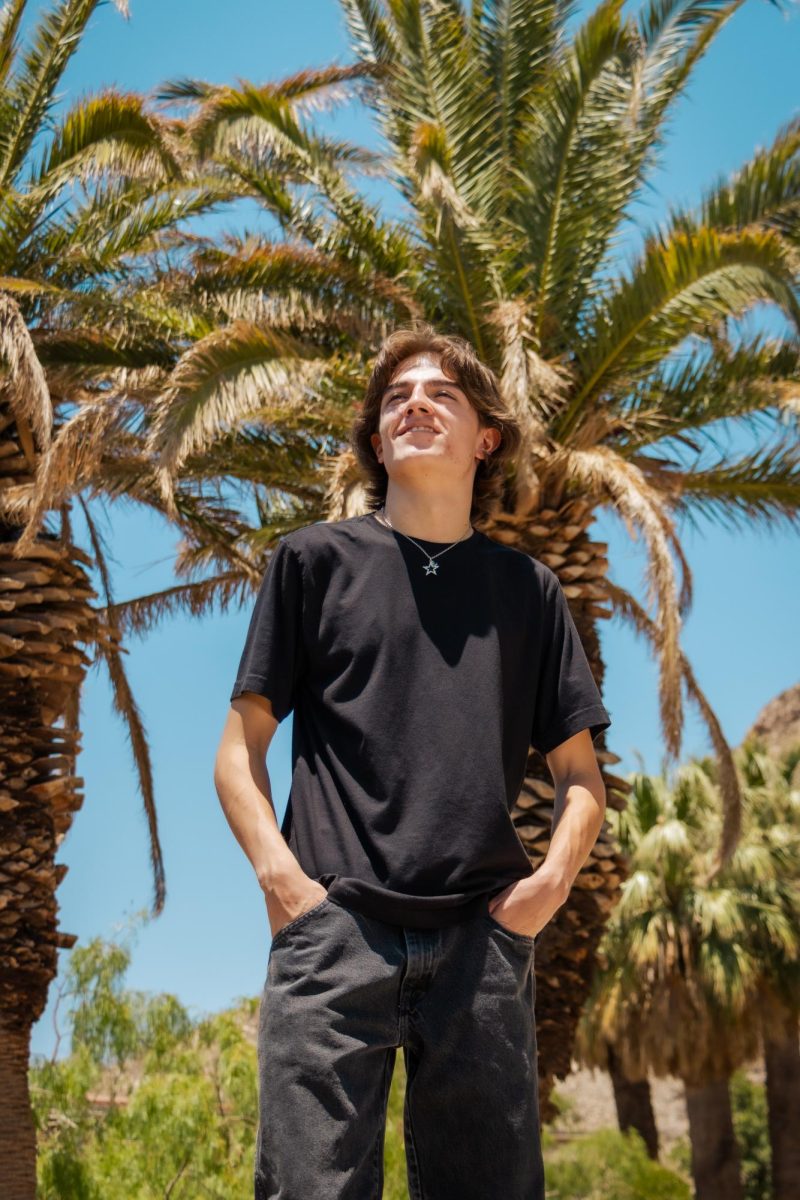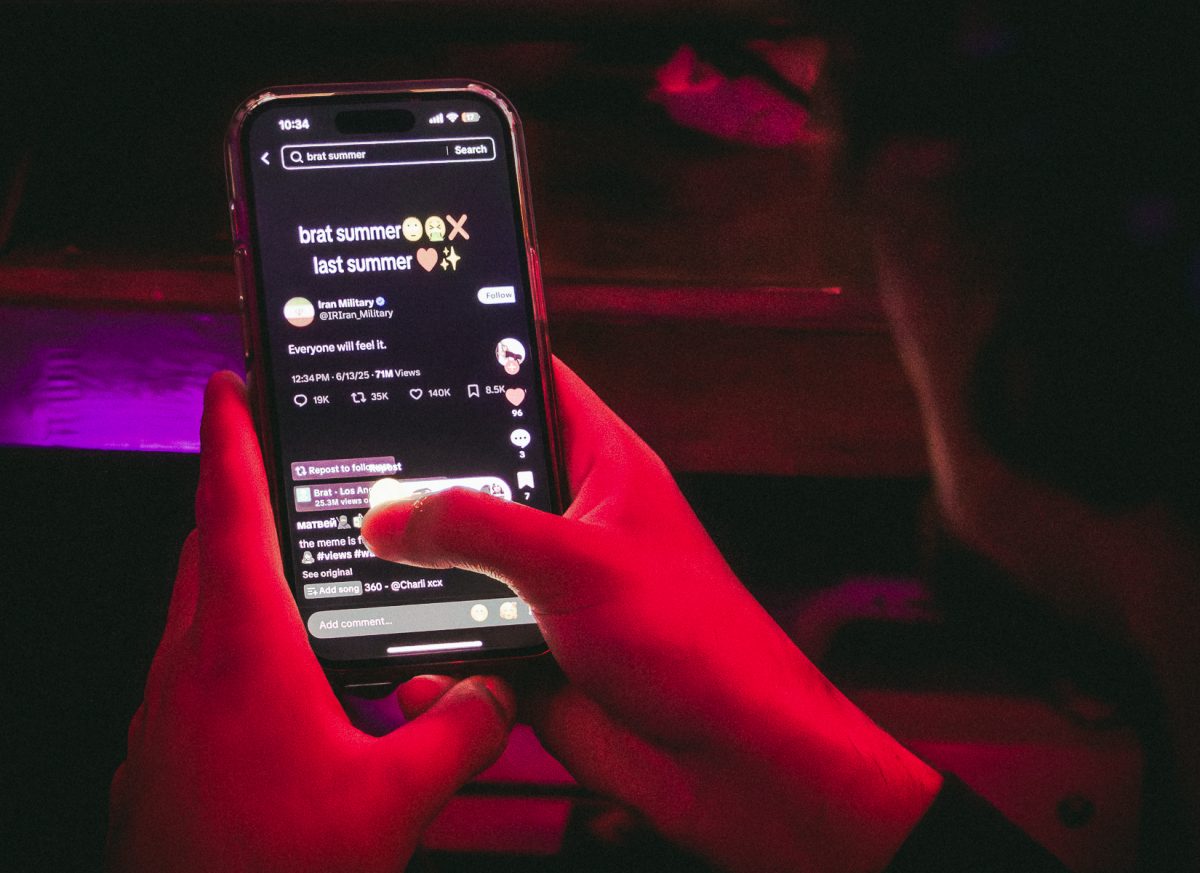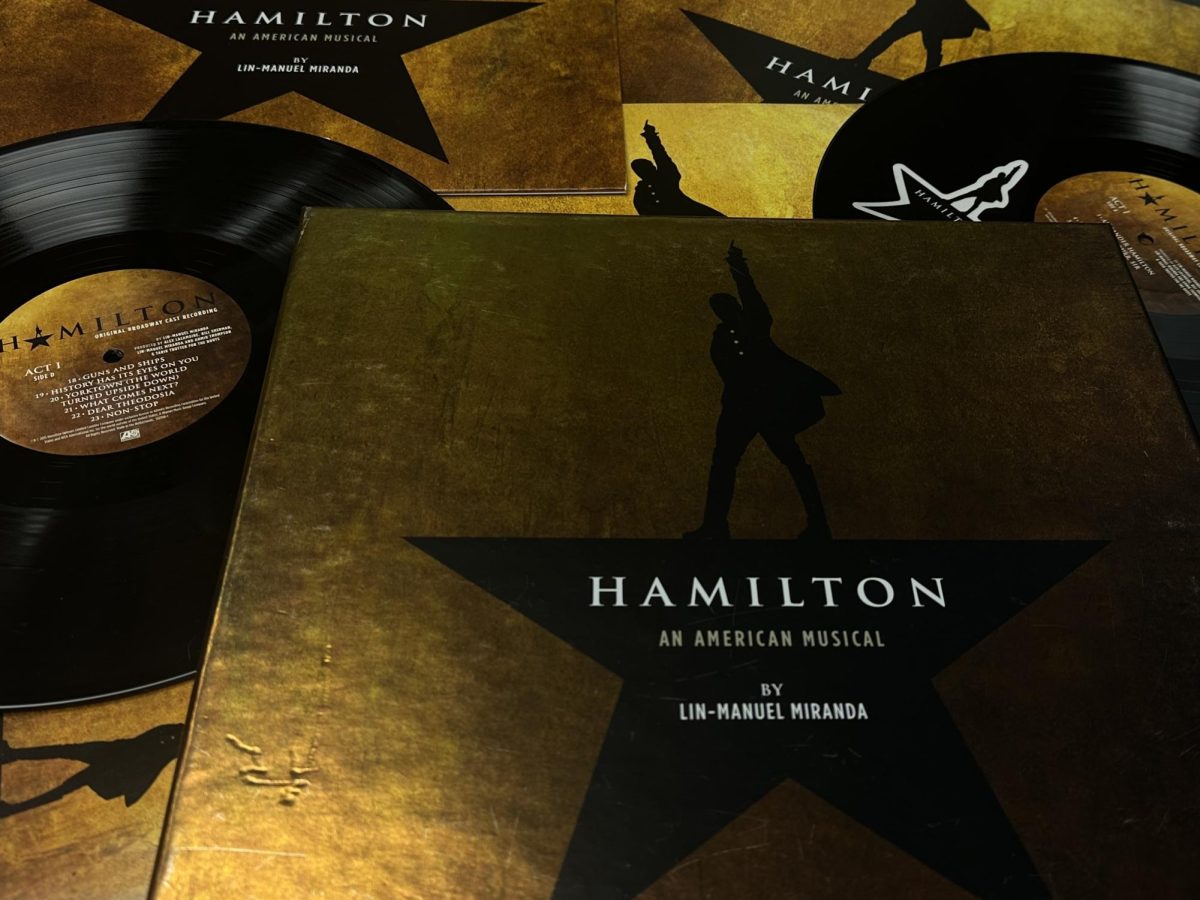Editor’s note: Maria Esquinca is a staff reporter at The Prospector and recently visited Indonesia for a study abroad program.
A giant gold Buddha stands atop a pointed column on the roof of a temple.
His golden skin reveals a bare, bulging, belly that stretches beneath his metal copper robes. As we drive through the streets of Samarinda, Indonesia, back to the Suka Damai village for a second workshop, I immerse myself in the rudimentary, the everyday, the images of things that are always there: a tree, a house, a person, constant yet never the same, always evolving in their own way.
I see a woman sitting on the wooden steps of her front porch with her small son on her lap, and the lime green backdrop of their wall behind them.
A man dressed in a beige t-shirt and yellow helmet has his hands behind his back. He carries the weight of exhaustion that’s visible in the tired lines that form in the crevice between his eyes and nose, the lines that groove below his lids.
A motorcyclist zooms past him. He has a face with no eyes that hide under a black helmet. Sitting below the motorcyclist is his three-year-old son, his eyes are cringing and his brow is furrowed, he’s on the verge of tears. The muscles in his face are curled, they’re trying to hold everything together, but there, for a split second, you can see his face is near the point of eruption. His small tears are sitting at the edge of his lids, anticipating for that second where everything dissolves and collides, waiting to be released by the long screech of a whelp.
We ride beside small houses whose walls are assortments of pastel colors, reminiscent of sherbet ice cream and orange cream pops. There are houses of sky blue, a soft yellow, lime green. There’s a small lavender one whose windows are draped with green curtains, then there’s the turquoise one whose walls have began to fade, revealing it’s wooden base.
A few feet away, a giant billboard spells PERTAMINA, the sole and state owned oil and natural gas corporation, similar to PEMEX before it was un-privatized. As we approach a curve, bold black letters scream “HATI! HATI!” It means “WATCH OUT! BE CAREFUL!” Beside the letters peaking from the tips of treetops is a mosque with a pistachio green dome. It looks like high-tea-pastry, a sweet foreign delicacy.
On the street, there’s always something to see.
When we arrive at the village. The government officials, most of them women, greet us cheerfully. “Selamat Pagi!” or “Good Morning,” they say. Today’s workshop is on how to make your own beauty products for sell.
“We need to identify more with the women, I think there will be less of a power structure that way,” my classmate says. She’s talking about the male dominated culture we’ve observed in Indonesia, something that has caused the girls in our class to get strange looks because of their perceived abrasiveness.
Today there are a lot less people than yesterday’s workshop. Most of them women, there is only one man, notepad in hand. He does not seem out of place. Most of the women wear hijabs of varying shades of pink, purple and red, adding a splash of life to the dull beige room.
Pak Enos, a professor of forestry from the University of Mulawarman leads the workshop. He says the beauty product they will make today is a skin whitening cream and an acne product.
When I first arrived to Indonesia, I looked in shocked horror at shelves of skin whitening cream, lotion and soap. “Do they actually buy this?” I said to myself while shuffling through the endless array of products.
A question that was later answered by one of the UNMUL students when out of the blue he told me, “do you know most people here want your color of skin?” I nodded while looking at my fair skinned arms. “I don’t understand,” I told him. “I think people here are beautiful just the way they are.” He didn’t say anything, later when we I took a picture with him and three other UNMUL students he said, “I’m so black,” while laughing.
I sit beside one of the government officials, her name is Andaries Pirade. I wish I could have a conversation with her, but with manage by with smiles, nods and hand gestures. She speaks very little English but she smiles kindly at me and tells me and my other classmate she has a gift for us. Later, she’ll drape a beautiful lilac beaded necklace over my neck while I gush at unexpected kindness and tell her “terimah kasih, terimah kasih,” the Indonesian word for “thank you.”
As the slideshow presentation passes by flashing pictures of creams and see-through containers, one of Andarie’s friends says something and points at Andarie’s cheek, signaling a blemish that looks like a birthmark. I had never noticed it until then.
They exchanged more words, then the friend points to my cheek and says “clear.” I nod while burying the strangeness of seeing myself through their eyes. I think of erased objectivity and easy beauty granted through melatonin.
I think of young Indonesian girls looking at the countless ads displaying fair skinned Asians, defining beauty in foreign terms. Something they must buy at the store. I stop myself from looking at Andarie in the eyes and telling her “you are beautiful.” Later, I’ll go back to that moment, where I didn’t understand the words but I understood the message and I will leave the trip to Indonesia with one heavy regret.
Maria Esquinca may be reached at [email protected].




